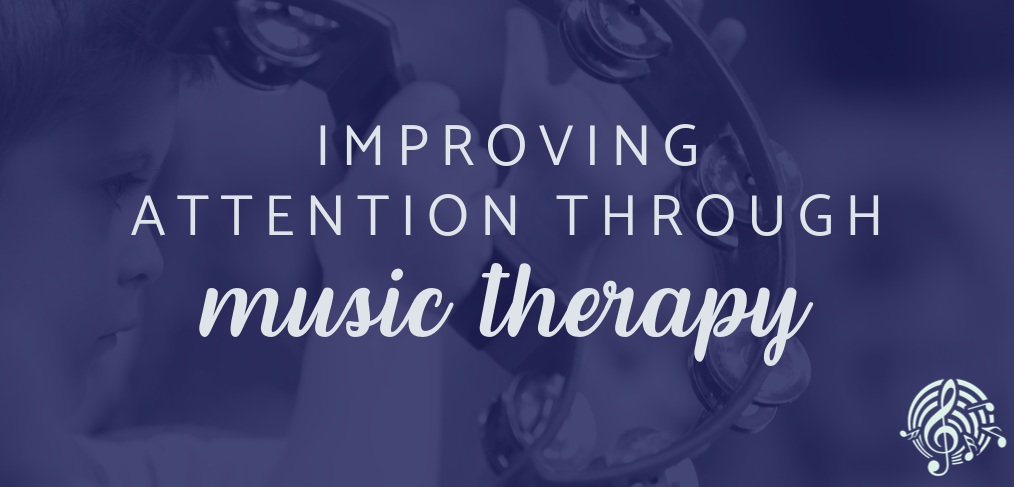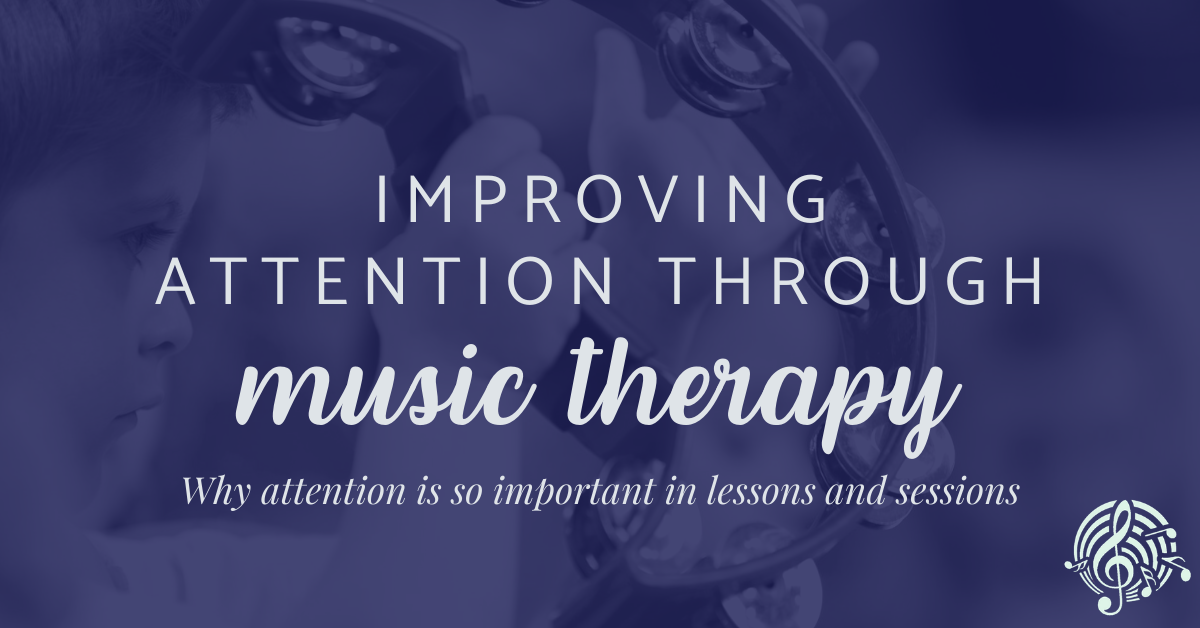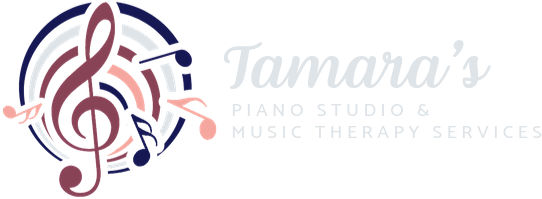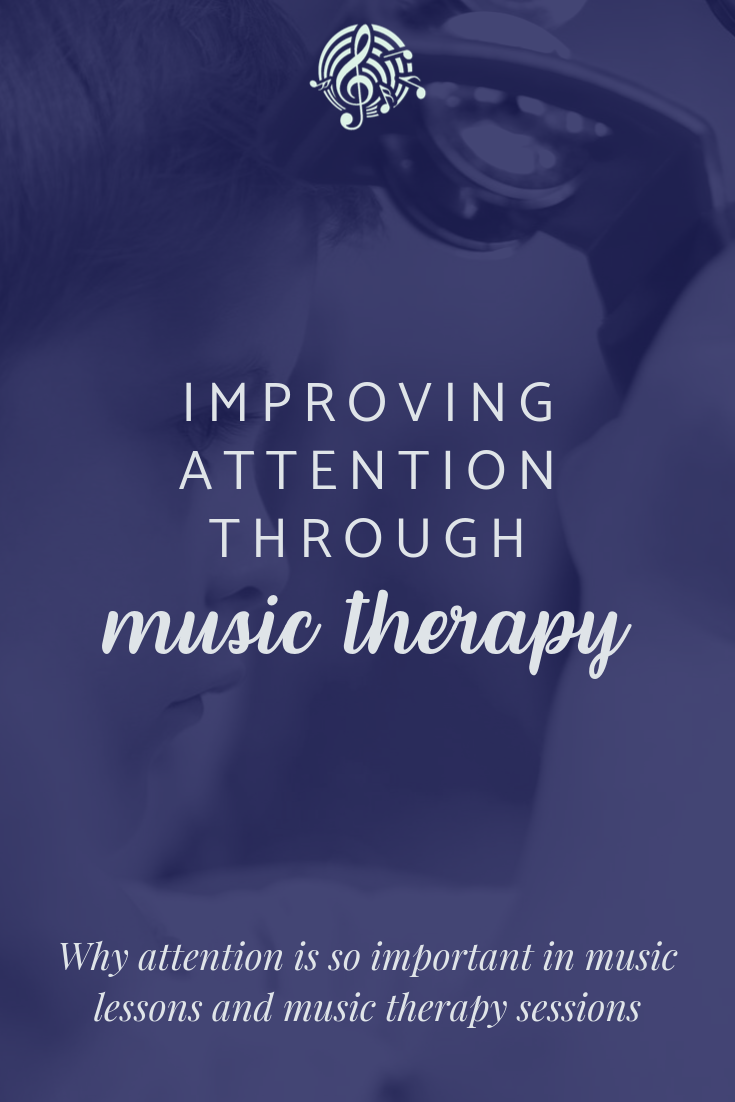
Improving Attention Through Music Therapy
Why attention is so important in lessons and sessions
In both music therapy and music education, attention is at the forefront.
No music therapy goals could be attained if attention isn’t held. Similarly in music education, no musical elements would be learned without attention as the foundation. However small these moments of focus may be, without them, no progress would be made.
“Without attention, it would not be possible to think, learn, remember, communicate, or problem solve.”
(Thaut & Hoemberg, 257).

How exactly does the brain control attention?
- Selects and focuses on a task
- Sustains attention long enough to accomplish the task
- Controls and switches attention to focus on sequencing a task
- Provides divided attention to track stimuli simultaneously (Thaut & Hoember, 258)
Who can benefit from improving attention?
Problems with attention often effect people with autism, brain injury, stroke, or dementia. There are specific interventions that music therapists and music educators can use to work on attention as a primary goal.
Neurologic Music Therapists are able to utilize the technique of Musical Attention Control Training (MACT) in music therapy and education to ensure the foundation of sessions is set and focus can be attained.
What exactly is Musical Attention Control Training?
Musical Attention Control Training (MACT) is a Neurologic Music Therapy technique that provides “structured active or receptive musical exercises involving precomposed performance or improvisation in which musical elements cue different musical response to practice attention functions” (Thaut & Hoemberg, 257). There are a variety of MACT protocols that target aspects of attention, such as divided, alternating, selective, and sustained. By using Musical Attention Control Training, music therapists are able to target attention as a primary goal.
Tamara received her training at The Robert F. Unkefer Academy for Neurologic Music Therapy and is certified as a Neurologic Music Therapist (NMT).
References: Thaut, M. & Hoemberg, V. (2014). Handbook of Neurologic Music Therapy. Oxford University Press: Oxford, UK.




